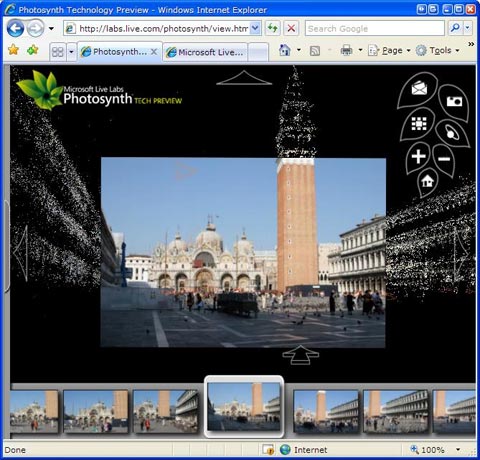It looks like you can now license Office 2007 UI components, including the Ribbon. It’s a royalty-free license, but it prevents you from developing “products or components that perform primarily as software for word processing, spreadsheets, presentations, email, contacts and databases, and that are created or marketed as a replacement for any or all of them”. You know, just in-case you decide to develop a direct competitor to Office.
Offering these components to developers with this kind of license restriction is going to severely hinder adoption. Who in their right mind would let Microsoft have the final say on whether their application meets the license requirements? They may turn out to be very lenient about the types of applications that are valid under the license, but what developer would tie their software to these components when Microsoft can decide, at any time, that a product breaks the license agreement?
I understand that Microsoft put a huge amount of effort into developing the new UI, but why not offer the components as part of a new version of the Win32 Common Controls? Giving developers access to these new components can only benefit Microsoft (better Windows software equals more sales of Windows), and the best way to do that is to make them common controls.



